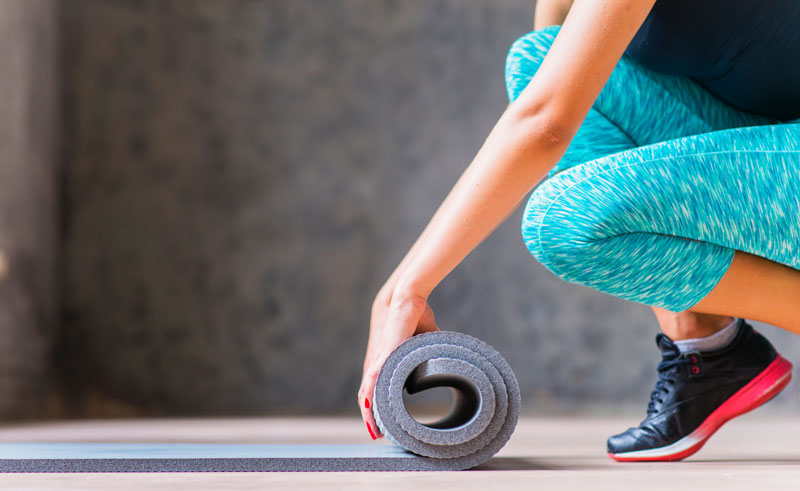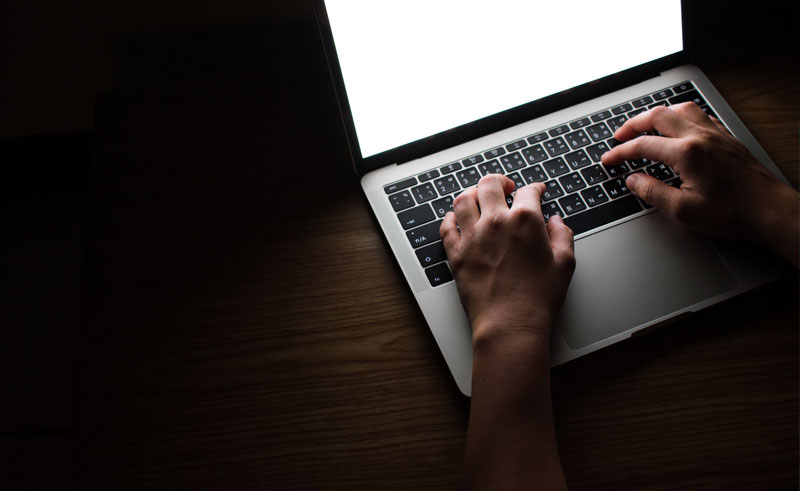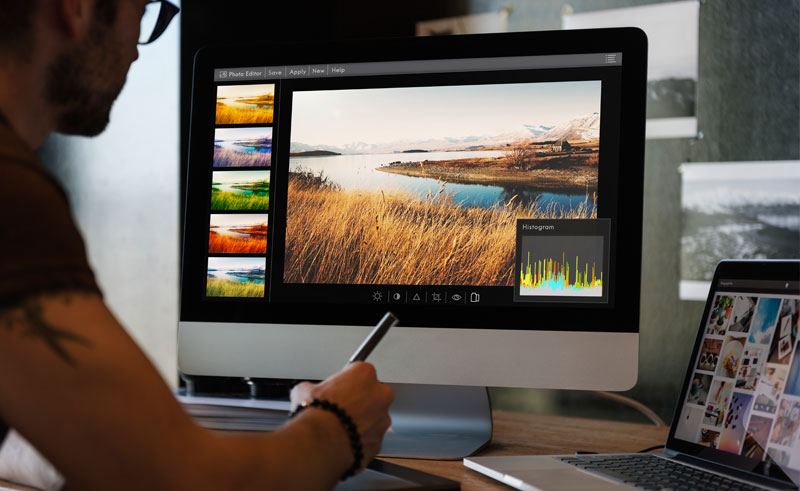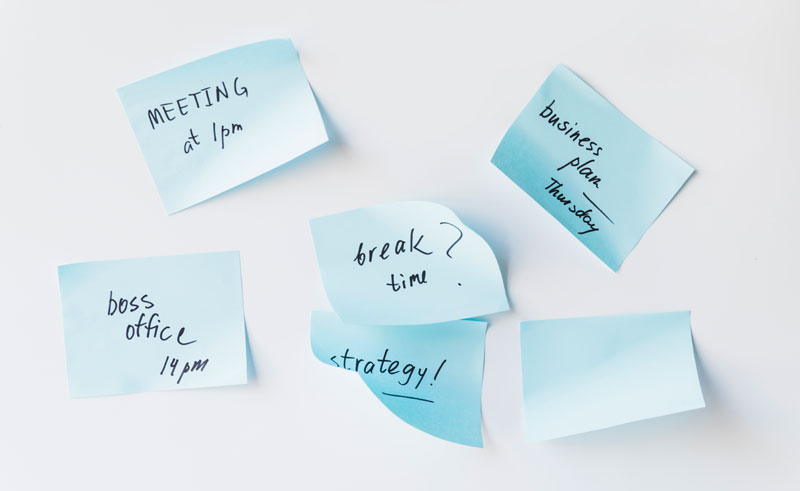“The chief enemy of creativity is good sense.” Pablo Picasso
Counter-intuitive as it may sound, this quote by Picasso says a lot about the nature of creativity. Most of us think that creative effort happens only in bursts of inspiration, but creativity is a habit that needs to be inculcated and nurtured on a daily basis. And most creative people in the world agree that this is the secret to consistently producing good work. Here are some daily routines that have been proven to enhance creativity over a period of time.
Get active

We often underestimate the importance of physical activity and how it can improve all aspects of our life. Getting active is often the key to getting those creative juices flowing. Scientifically speaking, any form of physical activity gets your endorphins flowing, which has an excellent effect on your overall mental health.
Most creative people today are sitting at their desks and working on their laps. Needless to say, we lead a pretty sedentary life, which can cause massive mental and physical fatigue. The key to getting active is to find an activity you love. If you’re one of the lucky few that loves the rigour of the gym, good for you. If not, you need to find more “creative” ways of staying fit. From swimming, playing a sport to yoga, kickboxing and pilates, there’s no dearth of options. The key is to find what works for you and stick to it. You can even find 2-3 things that you enjoy and then take turns with them.
Choose between late nights or early mornings

Most creative people find that they are at their creative peak either early in the morning or late at night. People like Anaïs Nin, Tony Morrison, and Frank Lloyd Wright believe in working first thing in the morning, while others like Picasso and Jack Kerouac preferred late nights. It’s easy enough to understand why these times are particularly suited to creative endeavour. It’s quieter, distractions are minimal and your brain tends to focus better.
If you’re a freelancer, you can choose to do your creative work (writing, designing, etc) either in the morning or late at night. Things like client interaction and marketing can be done during the day. This may not always be possible if you have a full-time day job. Even so, you can always speak to your employer for flexi-time options and work-from-home days and figure out a way to make it work.
Map your stream-of-consciousness thoughts

Many creative people agree that this is one of the most effective habits when it comes to unleashing your creativity. All you need to do is simply note down your thoughts the moment you wake up. These thoughts are simply your stream-of-consciousness thoughts. They don’t have to be particularly creative or even make sense.
This is just a way to unload your subconscious so that you can understand the obstacles between you and your creativity. It’s not just writers who have a daily habit of writing down their thoughts the moment they wake up. Artists, designers, painters, actors all use this simple habit to harness their inner creativity.
Warm up

Many creative people use simple warm-up techniques to get into the flow of their work. Musicians, for instance, tune their instruments. Actors do facial exercises while singers exercise their vocal cords. This warm-up is usually a mindless task that helps establish a comfort zone before you go into a more creative state.
The warm-up you choose to do depends entirely on your work as well as your personality. For instance, many graphic designers choose to tinker with their software before they begin working. Artists prefer to indulge in some practice brush strokes before they get to their actual work.
Use mini projects and break down bigger tasks

Mini projects are a very effective way to avoid procrastination and get into the habit of creating consistently. When we have a project with a deadline of a week, we spend hours planning what it needs to look like, create outlines and drafts, and then spend more time polishing it. If instead, we have only a couple of hours for a project, we are likely to maximize efficiency to create something minimalistic yet effective. Doing many such mini projects helps boost confidence in our own creative abilities.
Of course, all tasks cannot take the form of mini-projects. We also need to find a way of accomplishing more long-term tasks. An easy way to do this is to break down big jobs into a list of smaller, manageable tasks. Then try to check off one item from this list every single day, even if it’s a small task. This helps you make progress every day without feeling overwhelmed.
Take time out for self-care

While self-care is important for everyone with our hectic lifestyles, it’s especially important for creative folks. But self-care doesn’t always have to mean bottles of wine or expensive massages. Self-care can be as simple as doing things you love every day, focus on how they make you feel, and being grateful for them. These activities can range from your morning cup of coffee to a long walk with your dog to watching a beautiful sunset.
Learn to say no
This is probably one of the most powerful tools you can have as a creative person and one that is most elusive. You may be constantly anxious about not doing enough, not having enough opportunities, not making enough money. That’s why you may find yourself constantly saying yes to everything. That could be a new project, a tighter deadline, or work that doesn’t inspire. Yet, doing too much and burning out in the process is the most counter-productive thing you can do as a creative professional. Spend some time to understand what kind of work makes you happy so that you can say no to the work that doesn’t.
As a creative professional, your creative ability is your biggest asset. Spending time to actively nurture and cultivate it, even if it takes time away from work, is critical. Use these daily routines to tap into your creative power and become much more productive than before.
